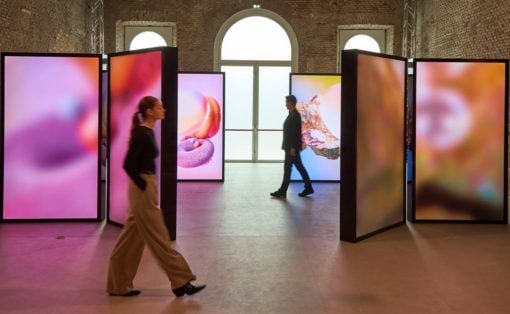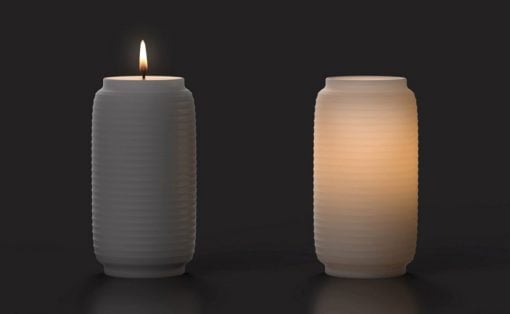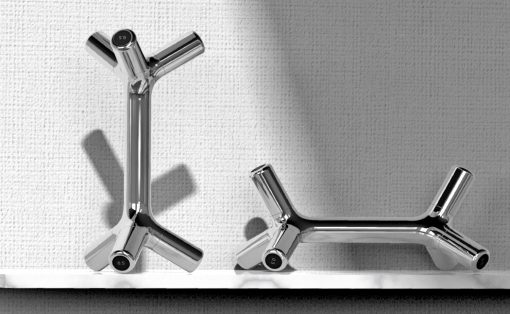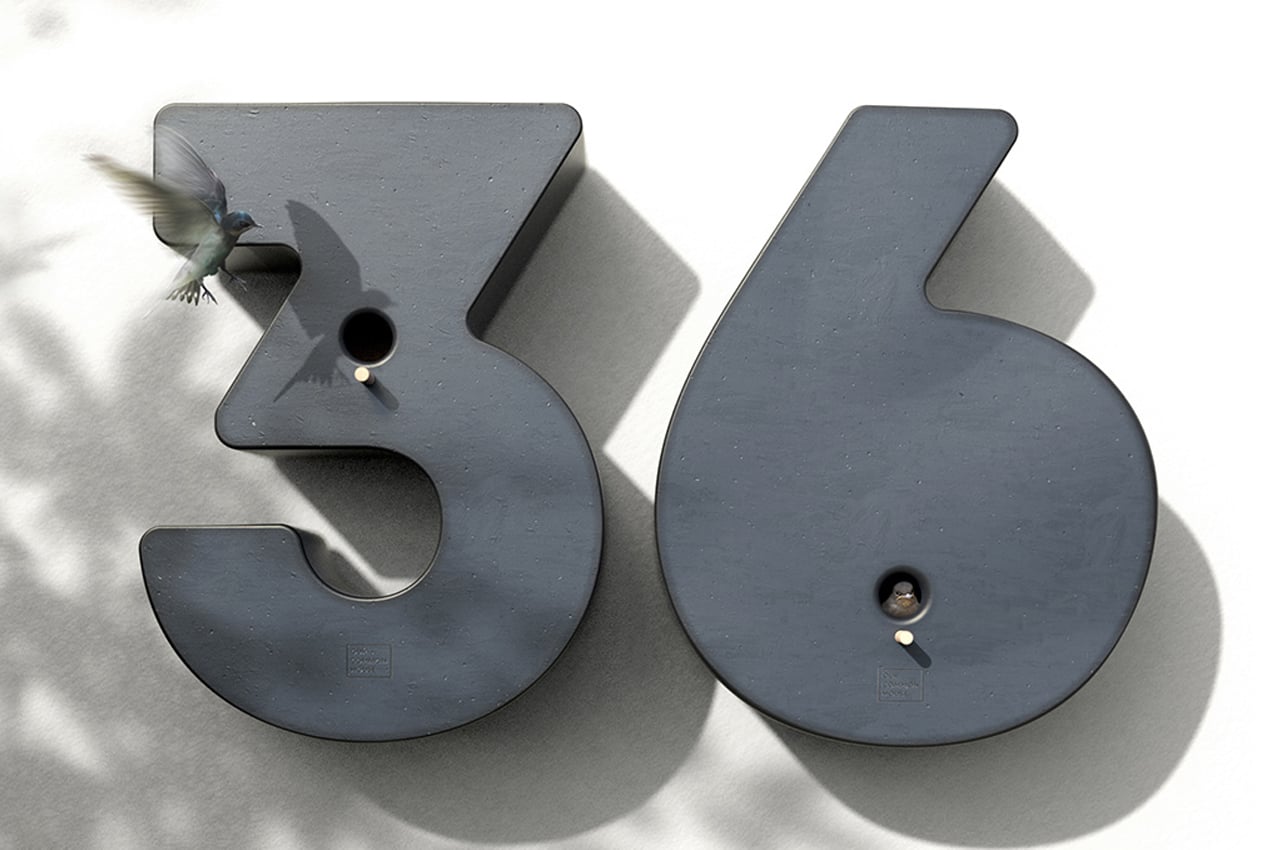
Our Common House is a household design concept that’s part-address sign and part-birdhouse, designed to increase avian-urban biodiversity.
When we’re not thinking about whether or not they’re real, watching birds always seems to bring us back to nature. Whether we live in a big city or in a rural small town, waking up to the sounds of hummingbirds or looking on as a sparrow builds its nest reminds us that we share our homes with all kinds of birds. Sometimes the concrete and traffic of busy cities make us forget, but products like birdhouses and feeders always bring us back. Designer Mikołaj Nicer conceptualized Our Common House for this reason. Part address sign and part birdhouse, Our Common House is a household design that aims to encourage avian-urban biodiversity.
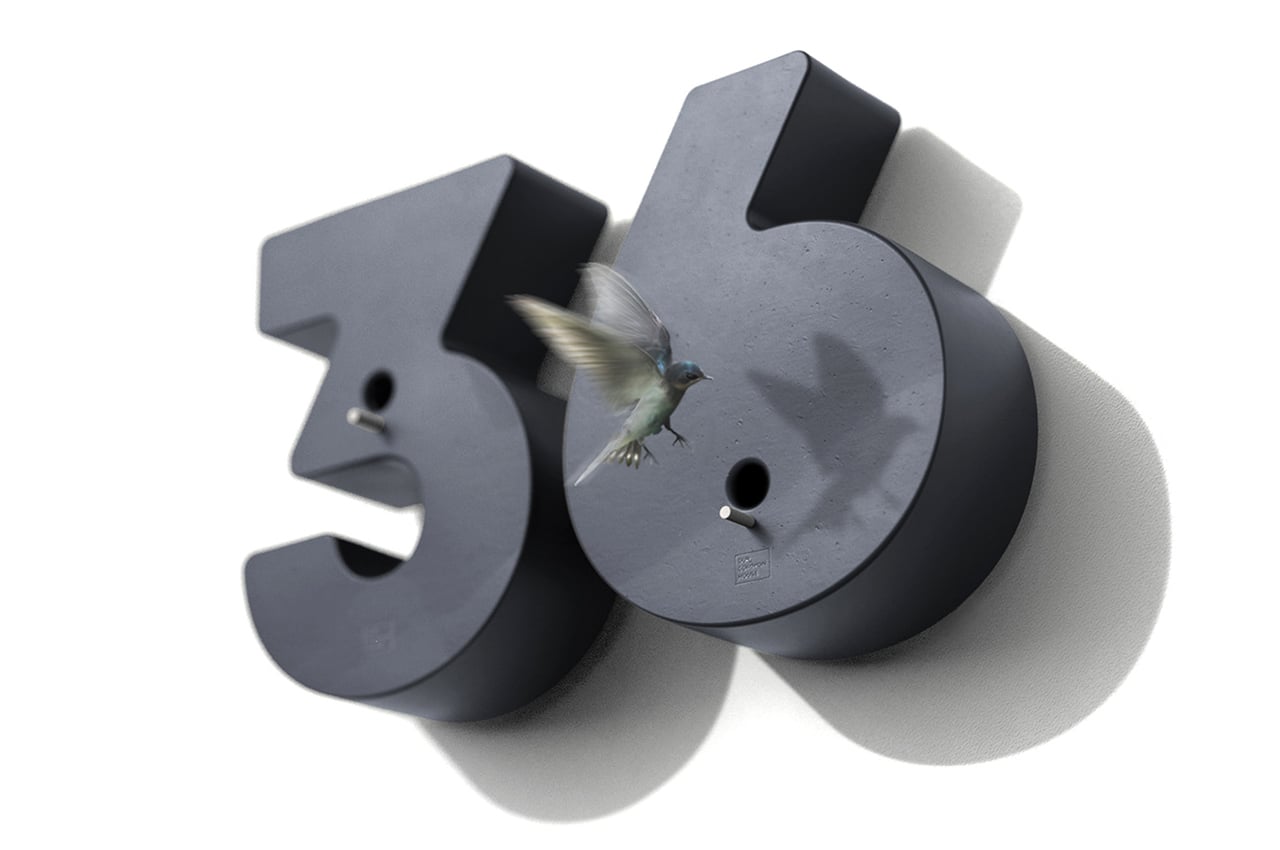
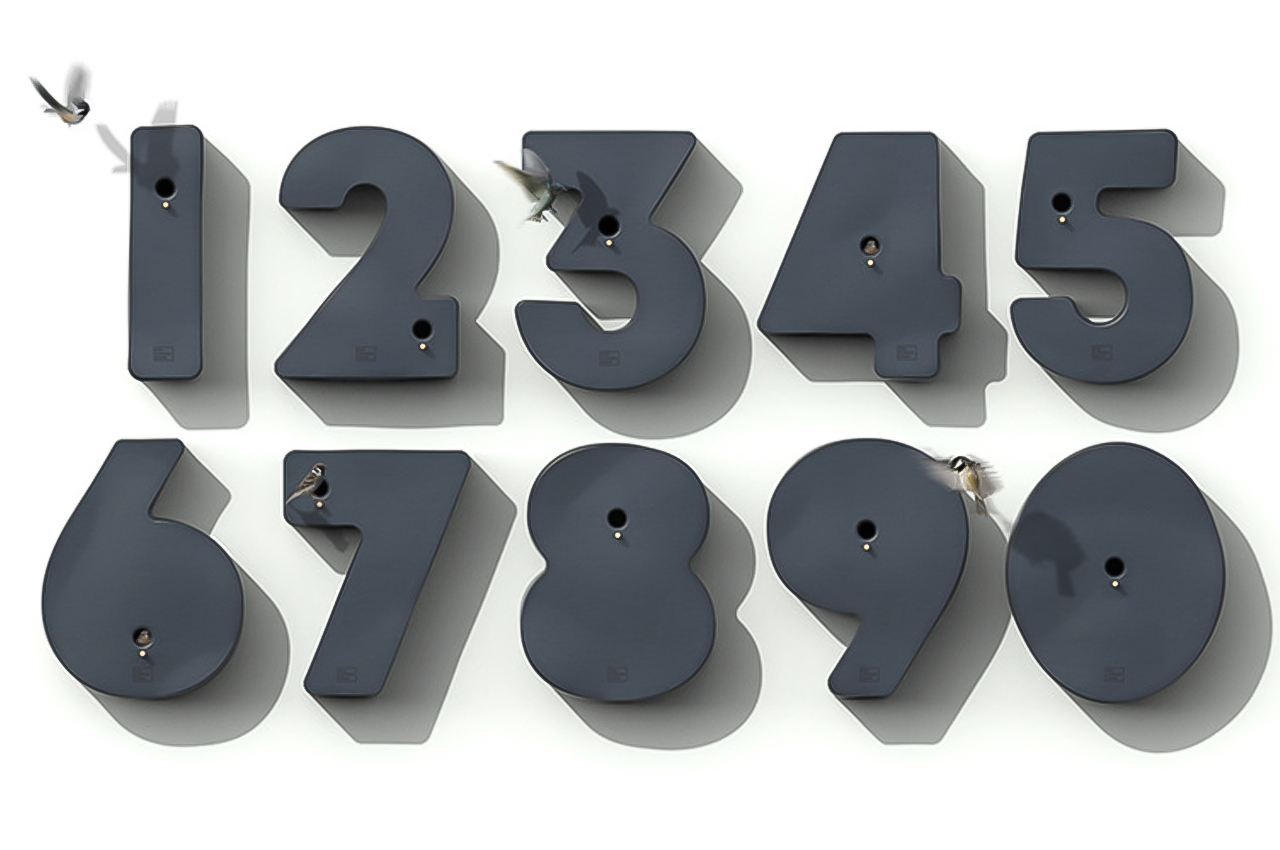
From a distance, Our Common House is your typical household address display. Made from natural fired clay, the outer casing of Our Common House is unassuming and minimalist. Unadorned by design, Our Common House sports an adaptable design that could fit onto any modern home’s exterior. Whenever the address digits look like they could use some cleaning, residents can remove the outer casing to clean it up before attaching it back on. Just beneath the natural fired clay exterior casing is a nesting box constructed from natural wood. Available in either oak, pine, or poplar, the nesting box provides a safe space for birds to breed, eat, and take care of their young safe from the threat of predators. When conceptualizing Our Common House, Nicer hoped to combine the functionality of address signs with a sustainable cause.
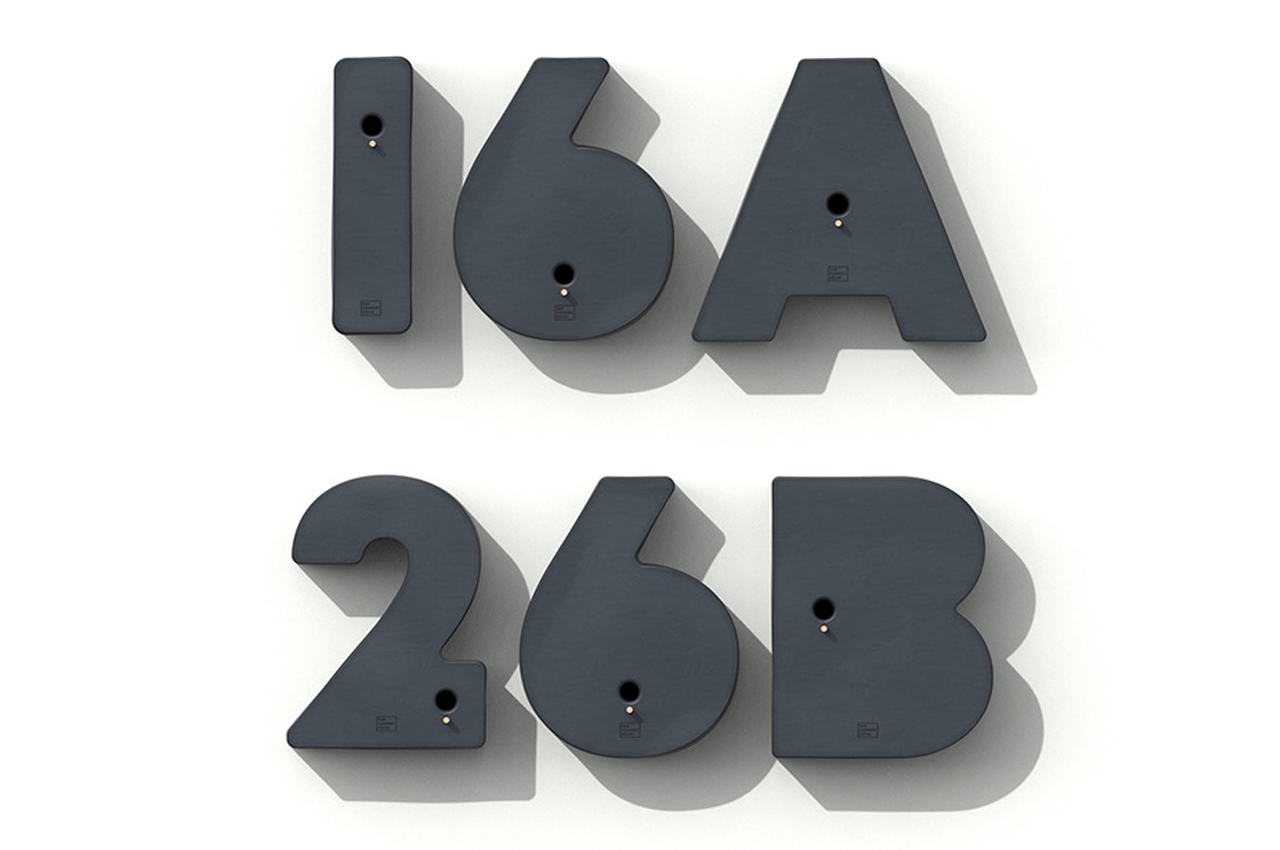
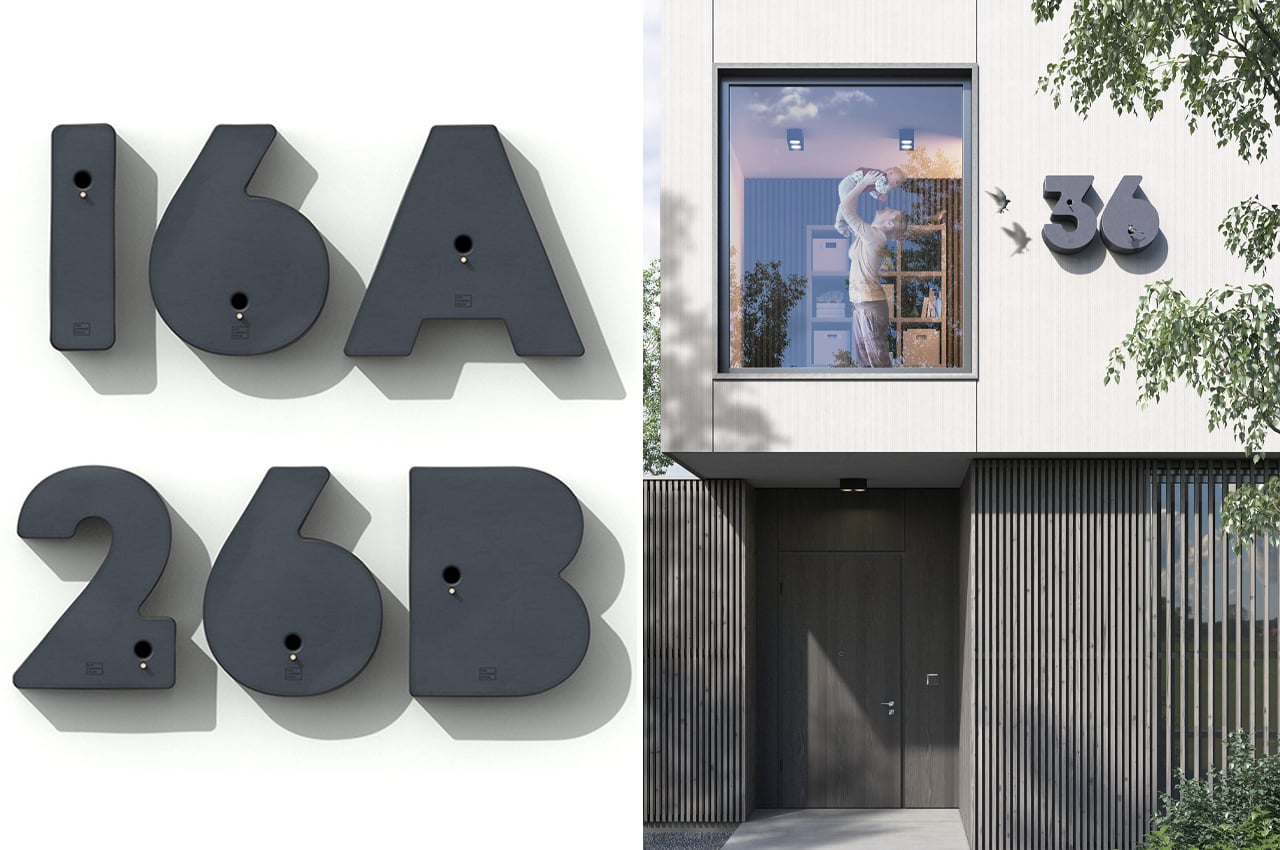
Describing this, Nicer notes, “The lack of nesting opportunities is one of the most important factors limiting the success of urban bird populations. Modern building technologies and concepts of city space organization leave little room for…nesting…Our Common House offers a simple and scalable solution to this problem. It turns the common element of building aesthetics into a functional nesting unit, thus providing the population of urban birds with an invaluable resource.”
Designer: Mikołaj Nicer



